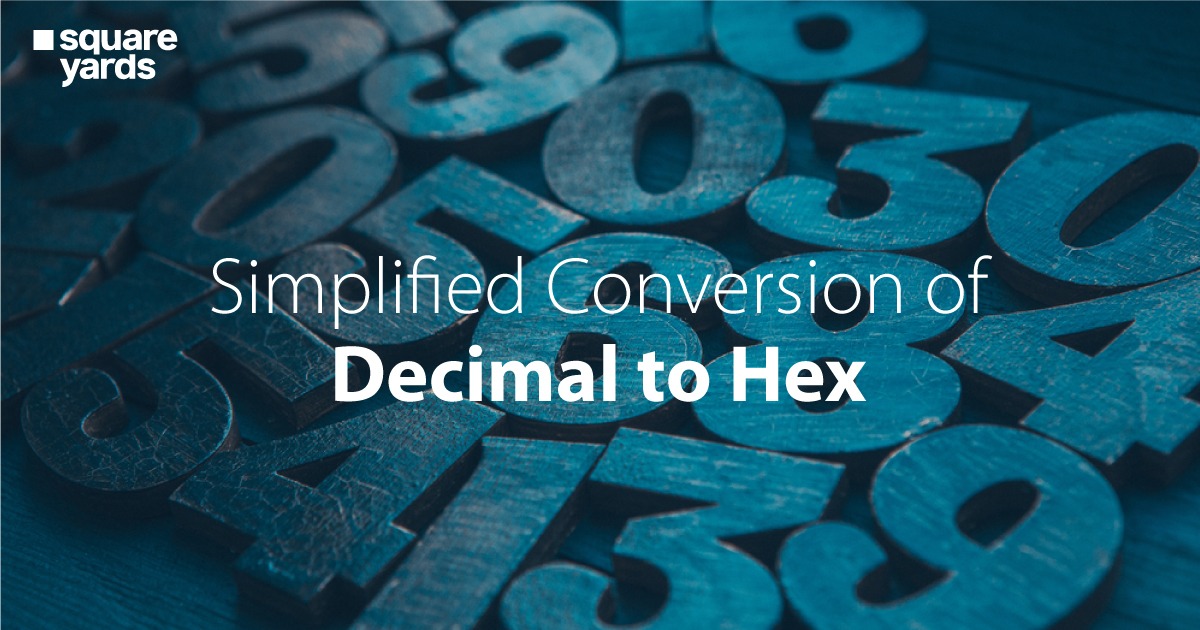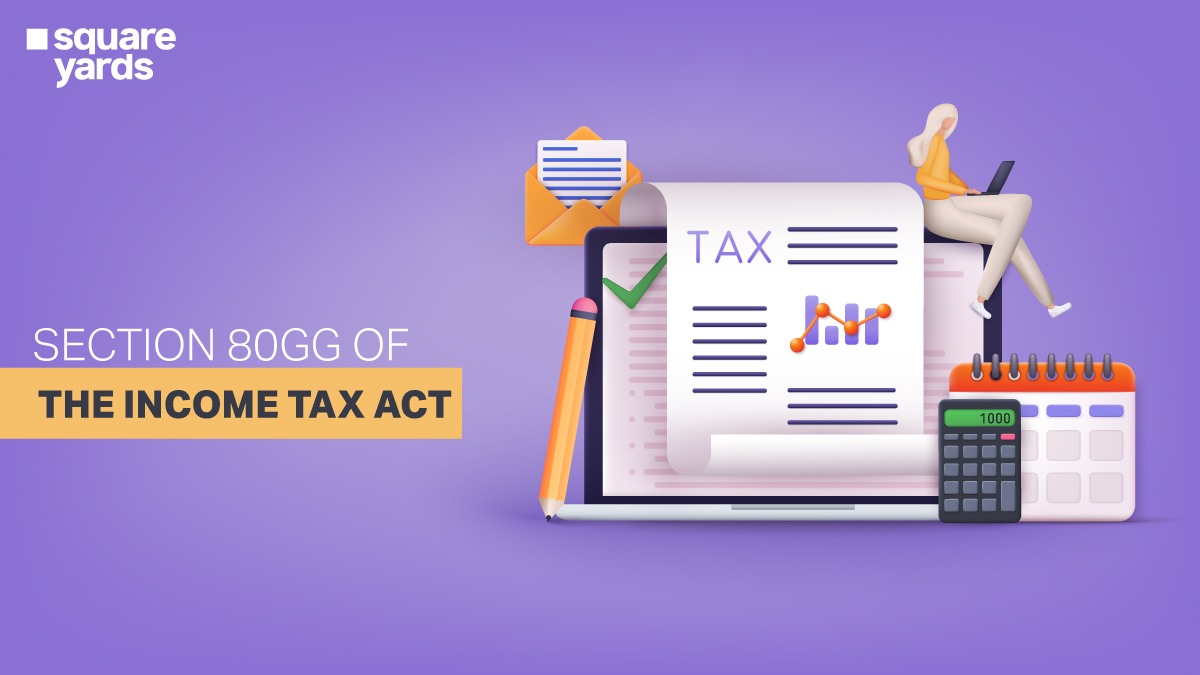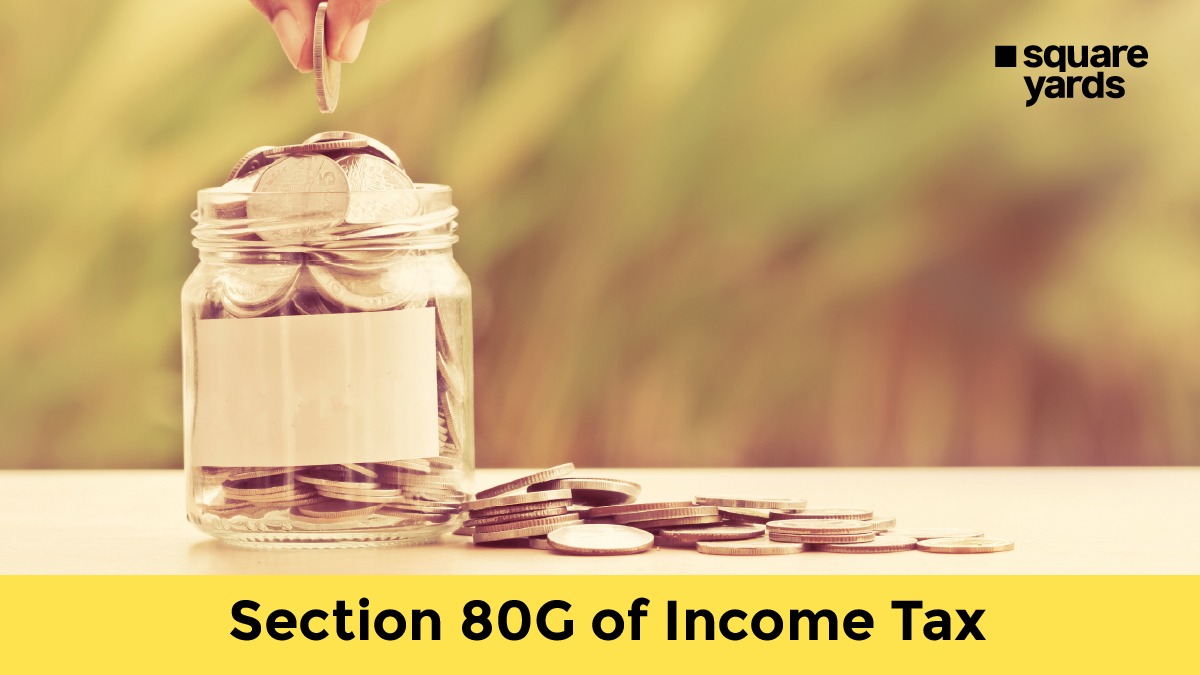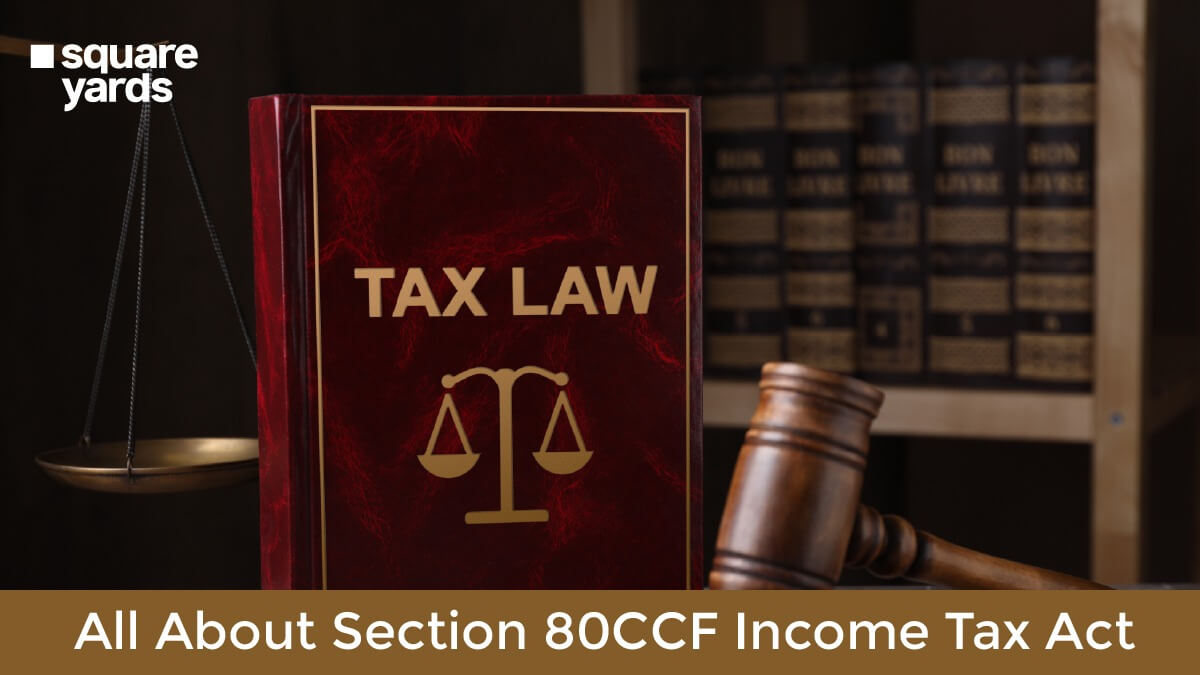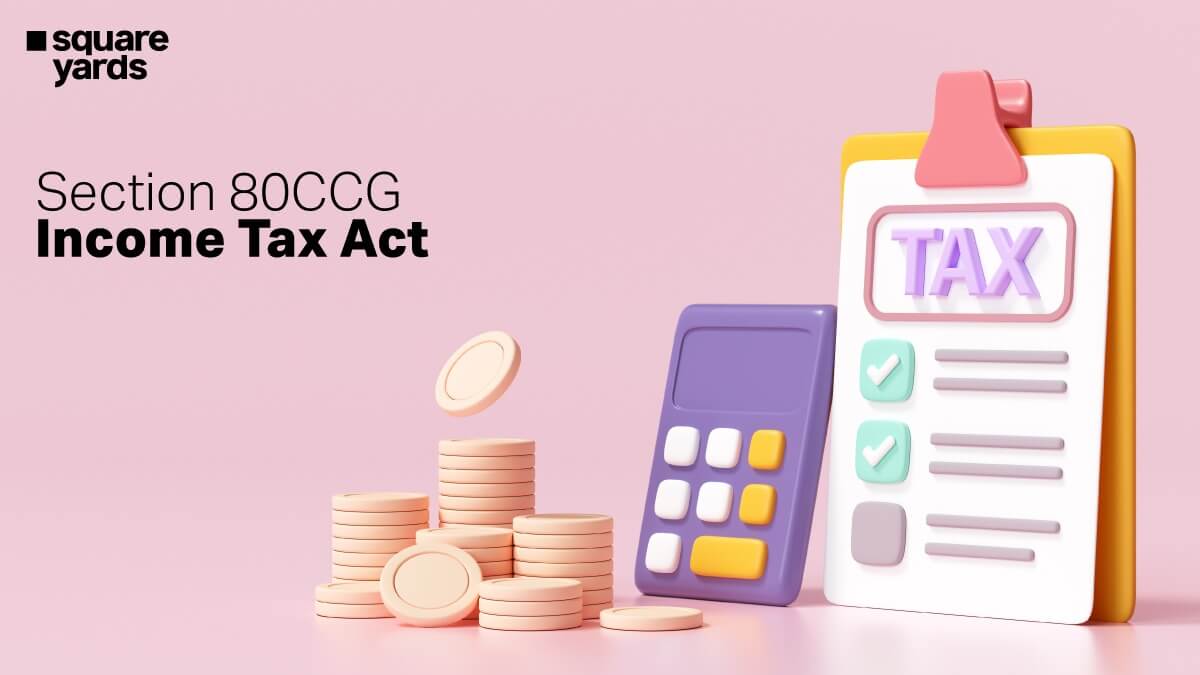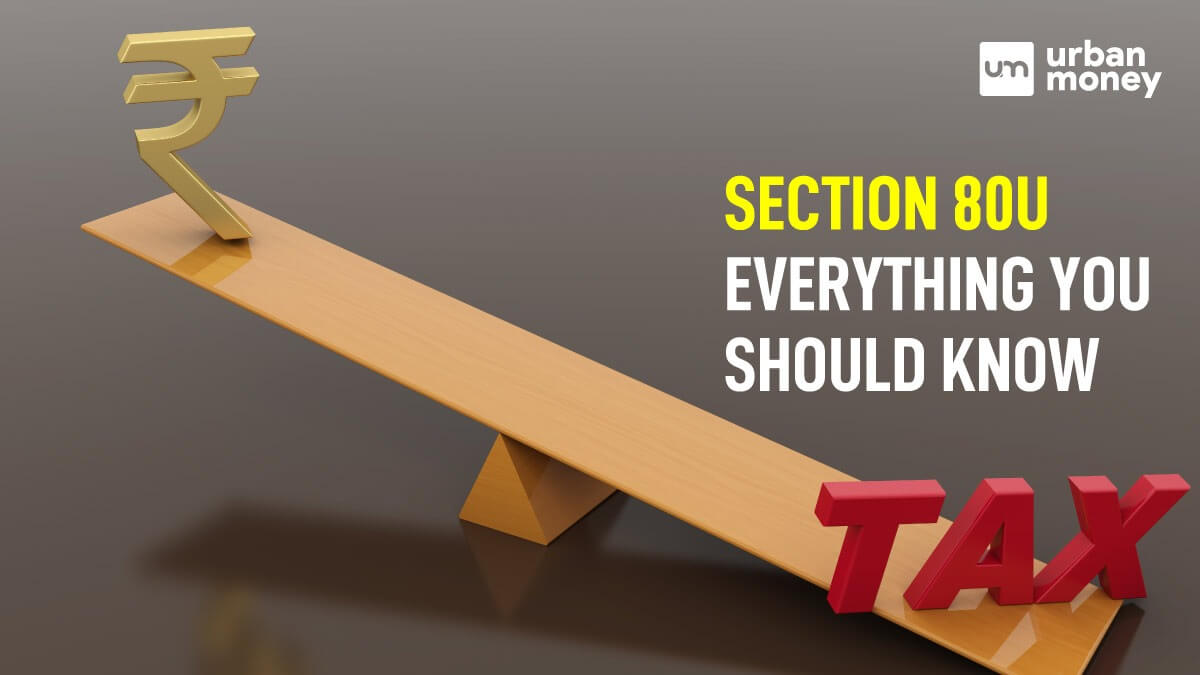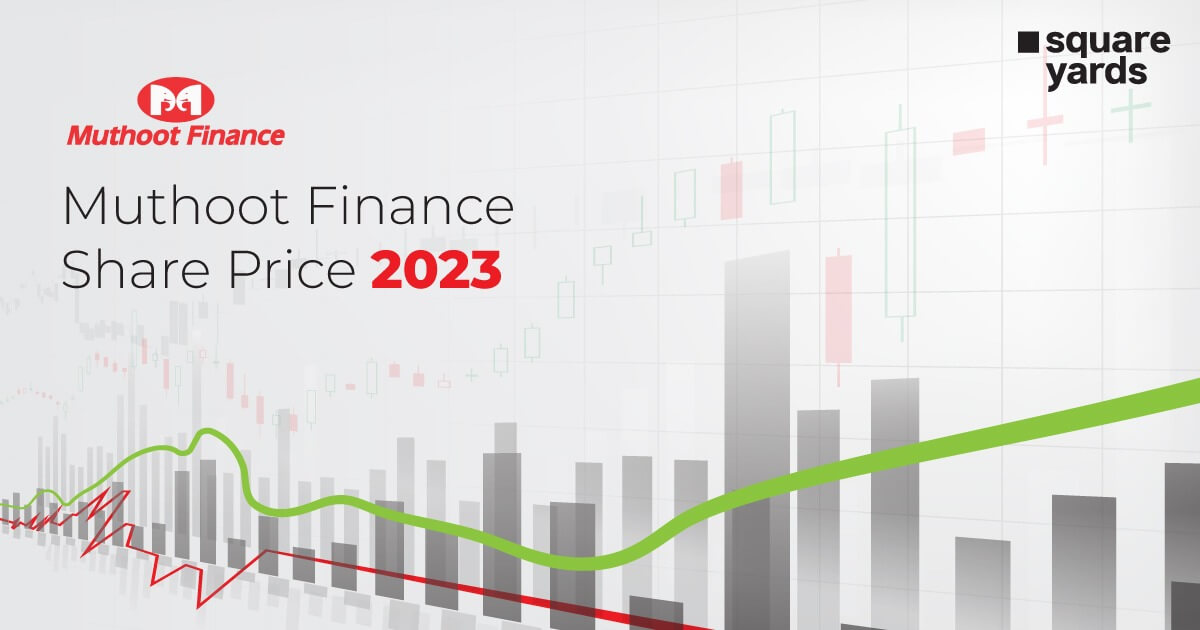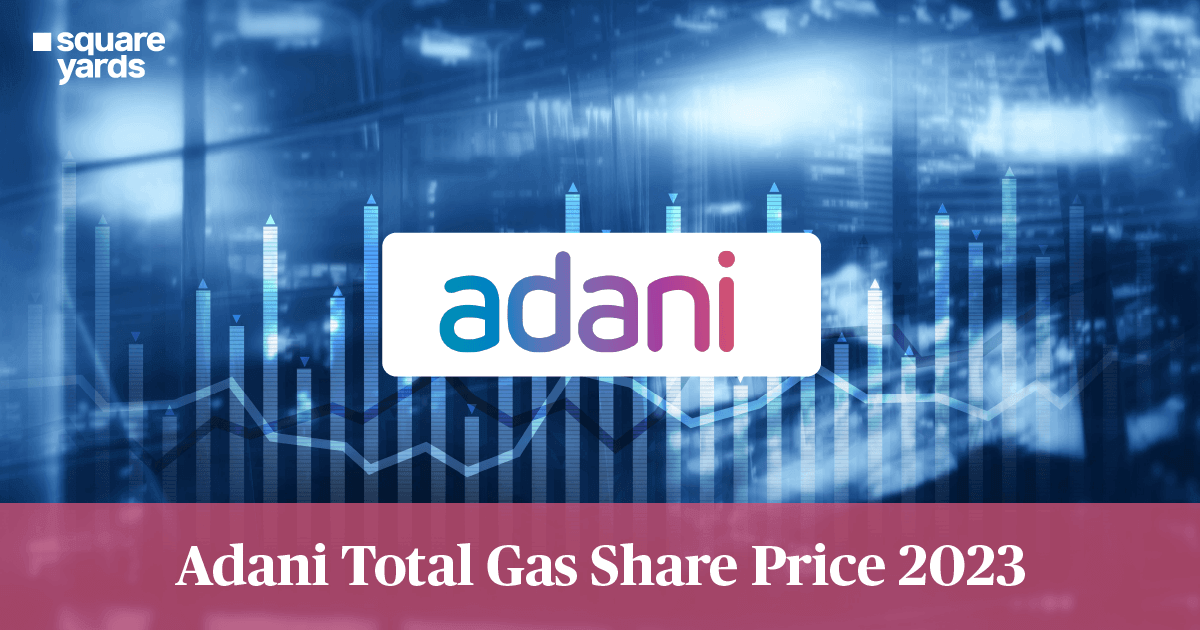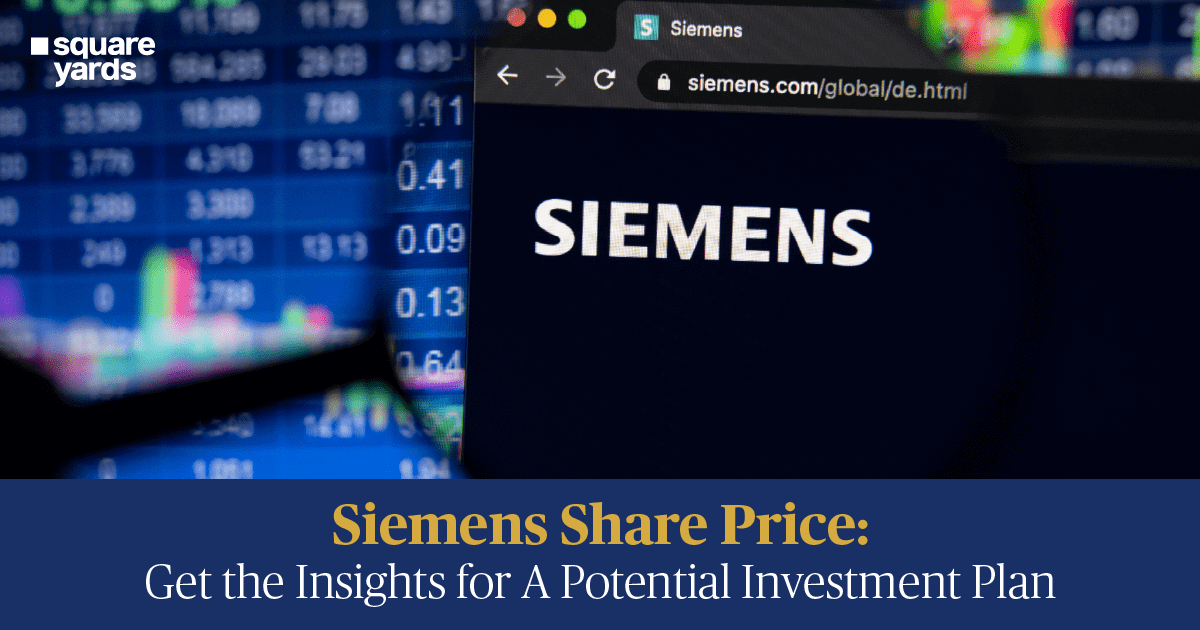Historically, stocks trading most likely happened physically over a marketplace. But not anymore. Presently, the stock market operates electronically through the internet and online brokers. Every trade happens based on stock-by-stock, but the prices of stocks are constantly fluctuating because of the economic reports, political tiffs, and news. And before investing in stocks, one should know that stepping into the world stock market comes with its share of risks.
To avoid falling into the puddle of risks, a verified source of information is needed. Hence, we have curated this article from the stock market basics. Go for a read to clear all the fog around the stock market and its various types.
What is the Stock Market?
A common ground where the selling and buying of equity shares of various companies happen through the participants, who are the buyers and sellers, is a stock market. Both traders and investors looking for a profit in the short or long run can participate in stock trading. Usually, the investors have a long-term gain and earn whenever the capital appreciation happens. However, the traders, on the other hand, seek short-term profits by focusing on the minor price changes in the equity shares, which can last for the entire session or minutes.
Talking specifically about India, the National Stock Exchange (NSE) and the Bombay Stock Exchange (BSE) are two giant platforms for carrying out stock trading. In these places, the trading happens via brokers who provide online trading services, and both buyers and sellers place their orders through them. T+2 format is followed during the settlement cycle. To put it simply, you are given a time of 2 days which is from the start to finish settlement for completing the settlement cycle.
The initial step in a trade life cycle is to place the order, then match the demand and execute it. The clearinghouse gives the green signal for clearing the trade in the stock exchange. In the end, the trade settlement happens wherein the pay-in and payout of the securities or funds are done, and this occurs on the final day of the trade cycle.
What is the Share Market?
A marketplace where the issuing and trading of shares are done publicly is known as a share market. In terms, the share market and stock market are pretty similar. The significant difference between a stock and a share market is that only trading shares happen in a share market. But in a stock market, one can trade all kinds of financial instruments like mutual funds, derivatives, bonds, and the shares of the companies listed on the stock exchange. The buyers and sellers can trade the stocks of companies listed in the stock exchange, which leads to both buyers and sellers meeting at the stock market like the NSE and BSE.
What is the Difference Between a Share and a Stock Market?
To understand, let’s bifurcate the aspects related to both the share and stock markets.
Share Market
Share is usually referred to as investment strategies like limited partnerships and mutual funds. But both the markets revolve around a single concept that is trading.
- Share is a portion of a company’s overall valuation. For instance, if you invest in a company or business, you get several shares in return for your invested amount.
- A-share market is platform companies use to sell their shares to get funds for functioning and operating. One can purchase a portion of a company’s shares through this platform.
- In a share market, you can trade shares which means you can sell or buy the shares.
- In general, the shares refer to a company’s stock ownership.
- You will be called a shareholder of the company when you purchase its shares. In detail, when you purchase the company’s shares, it shows that you have invested your funds in it, which makes you a shareholder of the company.
- The investors gain by having a portion of the company’s profit.
- In case the company witnesses a downfall, the shareholder also has to bear it.
Stock Market
On the stock market or what is also called a stock exchange, securities, equities, and stocks are heavily traded.
- A company’s ownership certificate refers to the term ‘stock’.
- Stock Exchange provides a reliable, regulated, and stable platform for trading the stocks. It is the connecting point for buyers and sellers.
- The stock exchanges are regulated by India’s Securities and Exchange Board (SEBI). Thus, both transparency and fair rates are on the cards.
- If a company’s stocks are not listed on the exchange, they cannot be brought or sold. · In India, most stock trading happens through the Bombay Stock Exchange and National Stock Exchange.
- The stock market keeps a check on the demand of stocks and their availability to fix the final prices.
Different Types of Stocks Which Can be Traded
Preferred and Common Stock
A significant portion of the stocks in which people invest are common stocks. Common Stock is indicative of partial ownership in the company wherein if the company gets dissolved, the shareholders get a proportionate share of the value of any left asset of the company. These stocks provide the shareholders with unlimited upscaling potential, but they are also at the risk of total loss if the company dissolves without having any assets left.
Preferred Stock, on the other, has different functionality. It prioritises the preferred stockholders over the common stockholders by getting some money back even if the company dissolves completely. Another benefit of the preferred stockholders is getting the dividend payment before the common stockholders. The overall conclusion is that preferred stocks are similar to fixed-income bond investments, unlike the common stock investment. You will find most companies offering common stocks, which is fair enough as majorly the stockholders want to invest in common stocks.
Large, Mid, and Small-Cap Stocks
The total value of the shares also categorises the stocks, which is the market capitalisation. Companies with the highest market cap come under large-cap stocks, but the mid-cap and small-cap stocks are for the smaller companies. You will not get an exact aspect that separates these three kinds of stocks. But there is a rule that is usually followed. Companies with over $10 billion of market capitalisation are called the large-cap companies, with $2 billion to 10 billion of market cap are called the mid-cap companies. With a market cap below $2 billion are termed small-cap companies.
Large Cap stocks are considered to be the safe investment option plus the conservative one, and mid-cap or small-cap stocks have a scope of better future growth, but they do come with potential risks.
International and Domestic Stocks
Stocks are also categorised based on their locations. While differentiating the domestic stocks from the international stock market, the investors note the company’s headquarters location, like in the US stock market. However, the geographical classification of the stocks does not constitute the areas where the stocks will get their significant sales. Especially in the case of multinational companies, it is difficult to tell by looking at their financial metrics and operations whether it is earning through domestic sales or internationally.
Value and Growth Stocks
Here’s another method of classification based on two of the well-known investment methods. The growth investors look out for organisations that are witnessing profit surge swiftly. On the other hand, value investors look out for organisations with inexpensive shares relative to the past prices of stocks or their peer companies.
Growth stocks are riskier than value stocks, but the returns can at times be quite attractive. Businesses with strong and rising demand among their consumers are successful growth stocks or those with a huge society committed to their product, which must be a long-term trend. The competition in growth stocks is fierce, and if a rival is successful in distorting the success of a growth stock, it can easily fall out of their favour. Only a slight slowdown in the growth is enough to bring down the prices very low.
Value stocks are known as the more conservative type of investment. These companies are well-known and have made a stable and firm position in the industry, with little room for expansion. However, the safe business models that have passed the test of time can be a good option for people seeking price stability while getting the benefits of being exposed to the stocks.
IPO Stocks
IPO Stocks are companies that have recently opened their stocks for the public through an initial public offering. Investors get quite excited about the IPO stocks as they want them to be the base of a promising and futuristic business concept. But these stocks do come with high volatility, especially when the company’s investors are on different grounds regarding its scope of growth. Before becoming a public stock, an IPO stock remains in its status for at least one year and a maximum of 2 to 4 years.
Dividend and Non-Dividend Stocks
Many stocks provide their shareholders with a regular dividend payment. For investors, the dividend is the source of reliable income and is quite popular among certain investment circles. Technically speaking, even the smallest $0.01 payment per share makes the company eligible for dividend stocks.
However, some stocks do not pay dividends. Non-dividend stocks can also be a strong option for investing, but only their rates are increasing over time. Many big companies worldwide do not pay dividends, although the recent trends have been towards the payment of dividends to their stockholders.
Income Stocks
Income stocks are the other name of dividend stocks, as the income earned through these stocks comes in dividends. However, the income stocks can also be referred to as the shares of organisations with a known reputation and business models with a low scope of future expansion. This option is suitable for conservative investors who want to generate cash from their portfolios. The income stocks are pretty popular among people close to their retirement.
Cyclical and Non-cyclical Stocks
A nation’s economy follows the cycle of contraction and expansion with periods of recession and inflation. A few businesses are exposed to a complete business cycle, and these are called cyclical stocks by the investors. Cyclical Stocks are the shares of companies from the industries like travel, manufacturing, or luxury goods; this is so because one economic pull can keep their customers away from making any large purchase. But when the economies are flourishing, these companies can quickly rebound due to a surge in demand.
Defensive or secular are the two terms used to refer to the non-cyclical stocks, contrasting to the cyclical stocks. These stocks do not have huge fluctuations in demand. For instance, a chain of grocery stores because no matter how worse the economic situation gets, people will not stop buying groceries as it is essential commodity. During market crunches, the non-cyclical stocks perform better, and the cyclical stocks go beyond investors’ expectations when the market is strong.
Safe Stocks
Safe stocks refer to the stocks whose share pricing does not see a frequent up and down compared to the collective share market. These stocks are termed low-volatility stocks because they are of the companies operating in industries less affected by the economic turns of the market. Usually, these stocks pay a dividend to their shareholders, and this income can be the offsetting point of the share price in the market.
ESG Investment
ESG investment is a type of investment that focuses on the environmental, social, and governance terms. In this type of investment, the focus is on the company’s profit or revenue generation over time and more about the other collaterals like its effect on its employees, customers, environment, and shareholders.
Now that you are well aware of the variety of stocks available for investing, let’s get to know a few basic terms related to stocks and stock exchange.
Basic Terminology Related to Stocks
Agent– An agent is a brokerage firm that sells and buys stocks on behalf of the stock market’s investor.
Offer or Ask: The minimum amount at which the share owner is willing to sell the equity share in the stock exchange.
Broker– A broker is a person who sells the stocks or investments on behalf of the trader or investor in exchange for a commission.
Bear market: In the stock market, a bear market is a phase where the price of equity shares see a consistent downhill, and usually, in this condition, the share prices fall by 20% from the latest highs.
Bull Market: This phase is entirely different from the bear market. In a bull market, the price of the equity shares increases over a long time. One sector or one Stock can be bullish and bearish the other time.
Beta: This is used to measure the relationship between an equity shares’ price and the overall movement of the stock exchange.
Bid: This is the maximum amount the buyer is willing to give for a particular stock.
Board Lot: Every exchange board gives out a set trading unit that is reliable to the price per share. Few of the board lot sizes are 50, 100, 500 units.
Bonds: This is a fixed-income investment given to the buyer by the company or the government.
Close Price: On any specific day of trading, the final price at which the shares are sold is known as the close price of that share.
Debentures: This is a fixed income investment that does not hold the issuer’s accountability of any assets or collaterals.
Dividend Yield: This reflects how much an organisation pays off as a dividend annually compared to the stock prices.
One-Sided Market: It is a scenario in which either the sellers or buyers are present potentially rather than both simultaneously.
Volume: The average number of stocks traded is during a specific time.
Stocks can be risky at times and an attractive return-yielding investment option knowing the basics of stocks and the market. The information mentioned above is given to get you a clear understanding of these. Go for stocks investment but be calculative about the type, markets, and returns before stepping in.
Frequently Asked Questions (FAQs)
Can I invest 100 RS in the share market?
There is no minimum bar for investing in a share market.
How do beginners buy stocks?
Do a thorough research of the stocks you are planning to invest in and begin with a small amount of investment. Analyse the return graph and decide whether you want to invest in it potentially or not.
Is it secure to invest in the stock market?
The stock market is always volatile. Hence, it is neither safe nor risky throughout.








